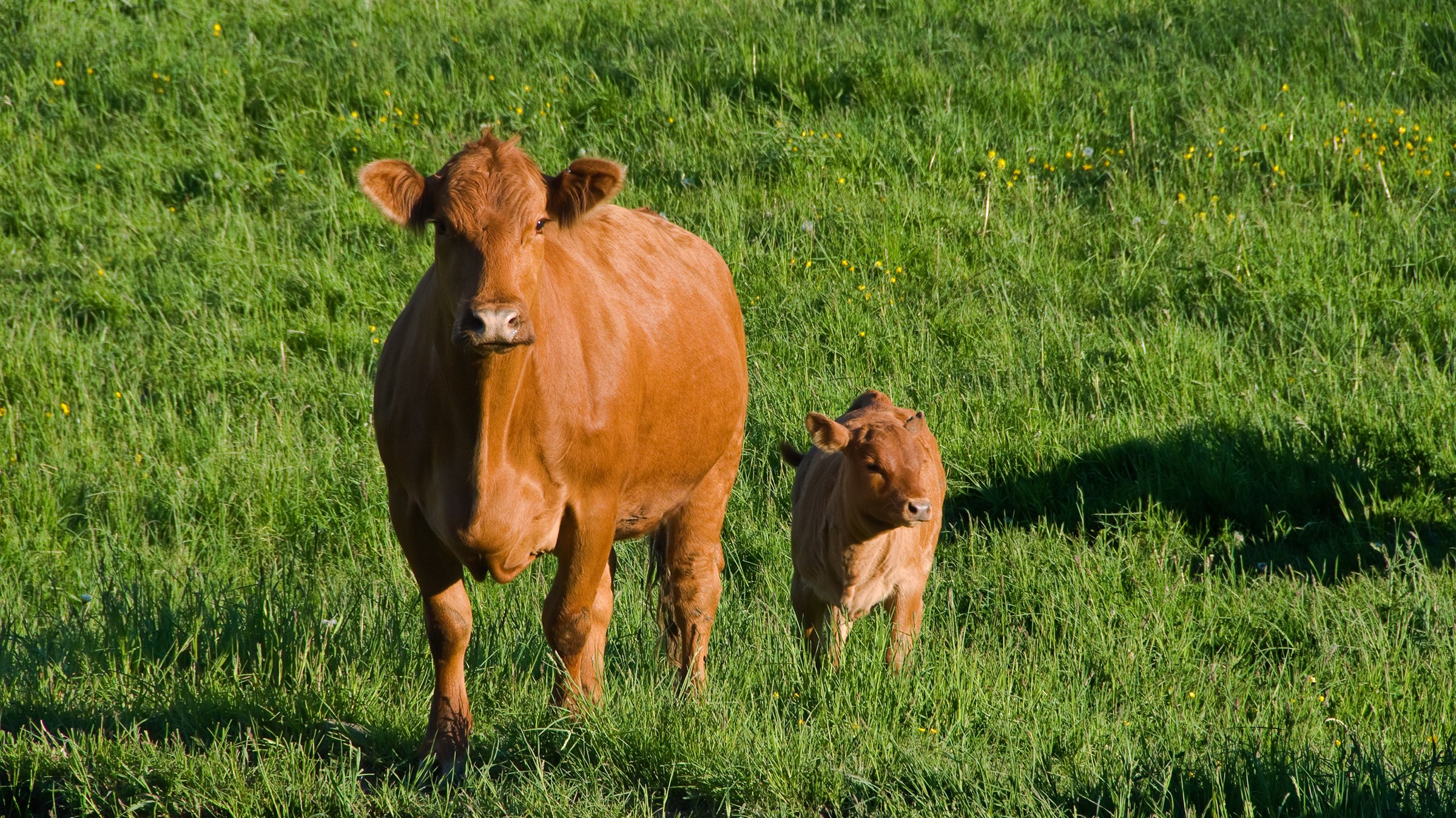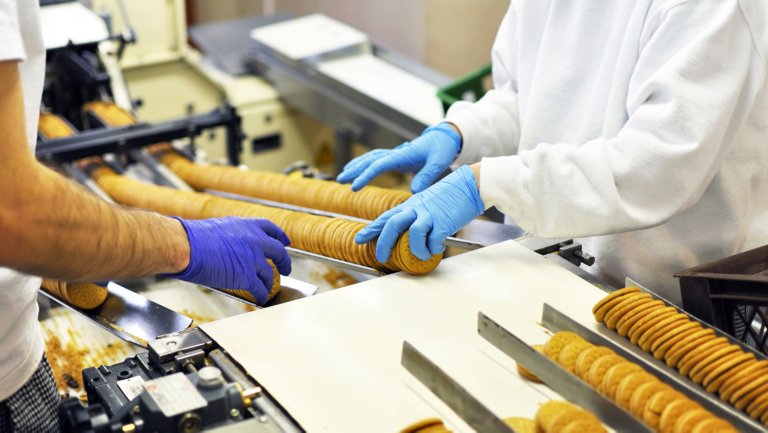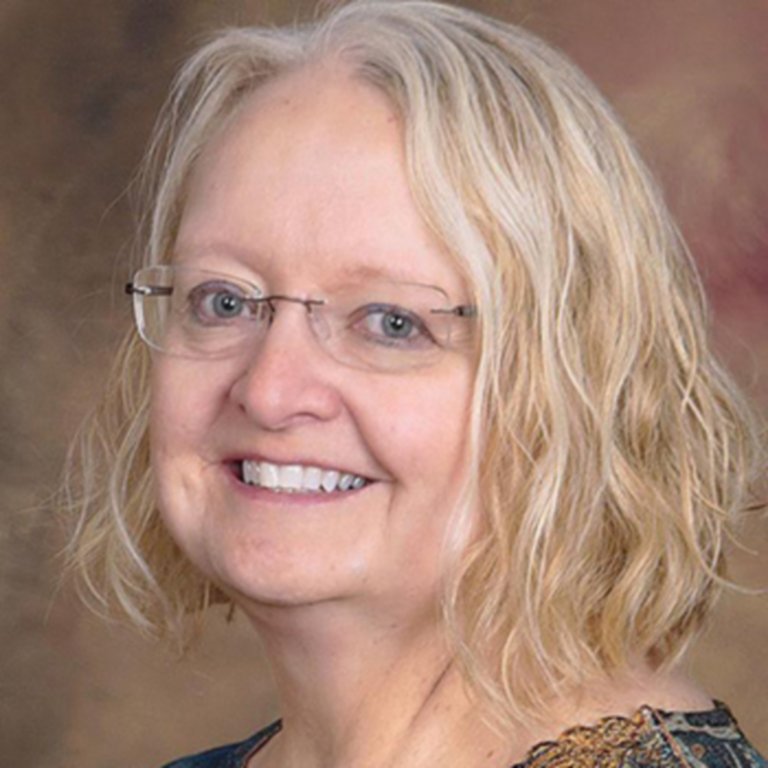When the dairy owners planned to more than double its milking operation five years later, the Millenkamps again asked Automation Werx for a solution.
Integrating Disparate Equipment
For Milk Barn #2, Idaho Jersey Girls installed four 106-stall rotary parlors, with associated robotics and auxiliary systems. Automation Werx was tasked to work with multiple vendors and deliver a state-of-the-art system that would largely replace third-party controls with a unified Rockwell Automation platform. A critical project objective was to minimize downtime.
“We are milking 22 hours a day and are down one hour for equipment sanitizing,” Harrison says. “In addition, cattle are creatures of habit and require a consistent milking schedule. We can’t afford downtime.”
The system integrator designed an integrated solution built on a PlantPAx® distributed control system (DCS). The solution features Allen-Bradley® programmable controllers, PowerFlex® AC drives, Stratix® Ethernet managed switches and FactoryTalk View SE.
“We’ve added multiple levels of redundancy at various points in the system,” explains Nick Reichelt, co-owner, Automation Werx. “For example, we used seven drives on each carousel, although only five are required, so there’s no interruption for drive maintenance.”
Most important, PlantPAx DCS delivers data, analytics and insights through easy-to-understand dashboards that help workers quickly respond to abnormal situations like alarm logs and unexpected downtime events.
Keeping It Sustainable
Automation Werx also aligned control system capabilities with the dairy’s sustainability goals.
“We’re farming over 14,000 acres for feed and compost all our manure for fertilizer,” Harrison notes. “And this is probably the cleanest dairy you’ll ever see. We take great pride in that.”
Idaho Jersey Girls Dairy also is focused on reducing its use of chemicals to clean and sanitize equipment. Chemicals have an environmental impact and also represent the single largest cost to the dairy. The Automation Werx solution manages all chemical batching, from udder sanitation and cattle foot baths to the CIP system.
“The CIP system includes conductivity sensors to measure the level of chemicals in the cleaning solution,” explains Reichelt. “To save on chemicals, the system captures the final rinse in the first batch and reuses it for the first wash of the next batch.”
Water used in the chillers is also recaptured and reused for floor flushing and other cleaning tasks.
The dairy estimates that CIP cleaning solution recapture decreased chemical usage by more than 50%, when compared to a conventional barn. And because the batch solution maintains a constant water and chemical temperature, CIP cycle time was reduced by about 30 minutes.
Simplified Operations
“When we started to move toward automation, we thought we were going to have to learn 10 different control systems to manage all equipment,” Harrison says. “But with the new system, we can monitor everything from a central location and see exactly where a downtime event has occurred.”
“The troubleshooting time you save? I can’t even put a number on that — it’s huge.”
Automation Werx continues its work with Idaho Jersey Girls Dairy, focusing on future enhancements that align with the operation’s vision.
“Our goal is to migrate Barn #1 to the PlantPAx system,” Steffler says. “Ultimately, we plan to build a unified system incorporating both barns — all controlled and monitored from one central location.”
Like this article? Sign up for the digital magazine (8x/year) of The Journal From Rockwell Automation and Our PartnerNetwork and get articles like this delivered right to your inbox.
The Journal From Rockwell Automation and Our PartnerNetwork™ is published by Endeavor Business Media.


